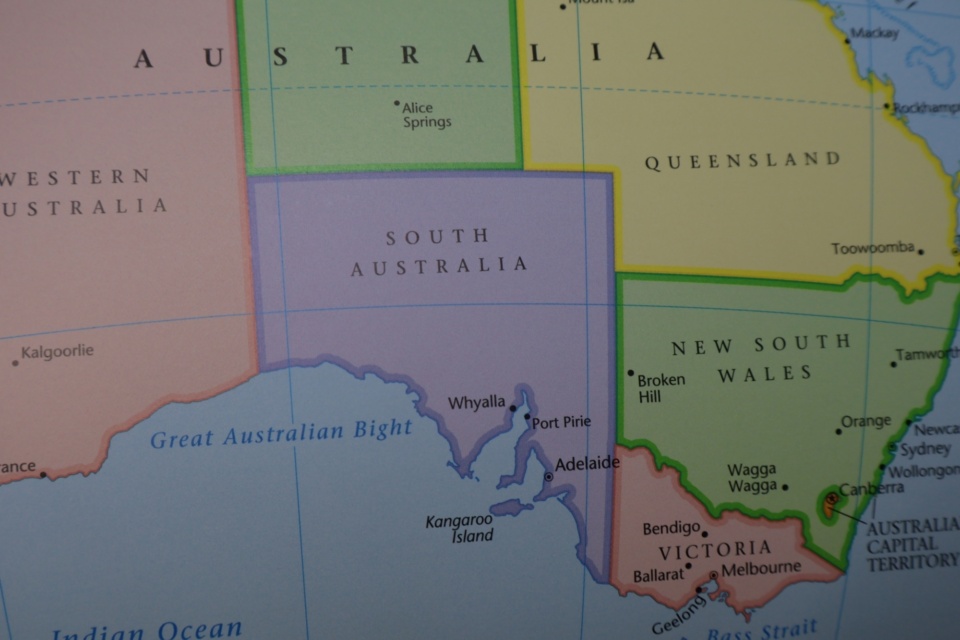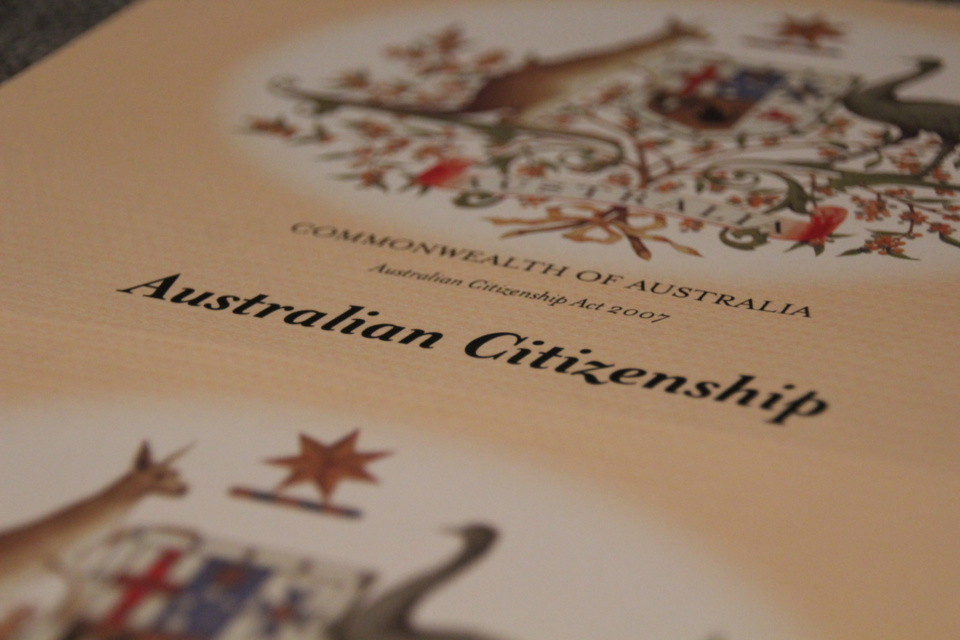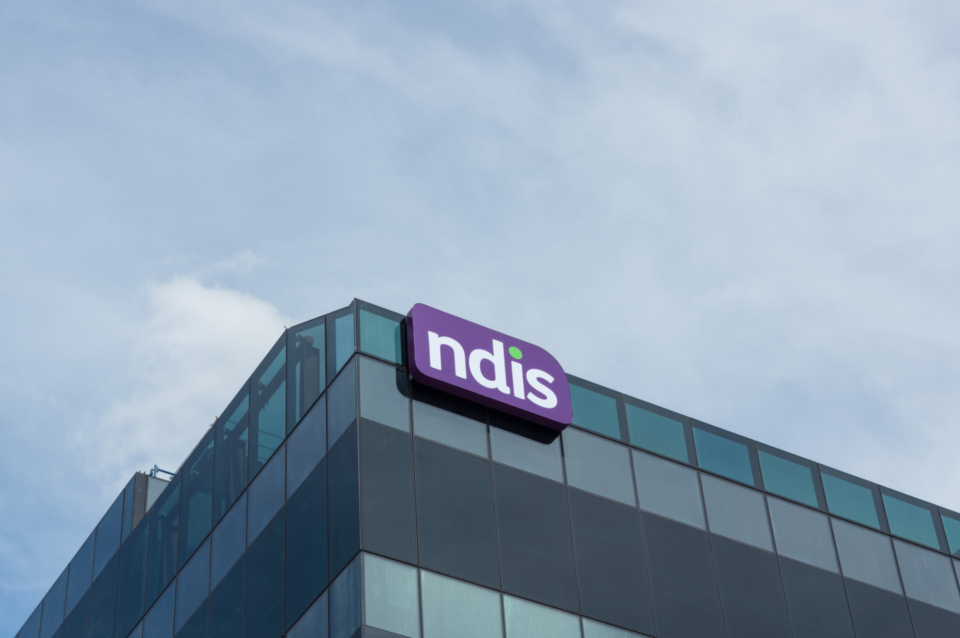
One Nation’s chances as a dominant conservative party are piñata-like
Posted on 11 Feb 2026
Opinions polls insist Pauline Hanson's fortunes are on the rise, but it is likely that enthusiasm…
Posted on 26 Mar 2024
By David Crosbie

The weight of expectation to be all things to all people falls heavily on those in the not-for-profit and charity sector, says Community Council for Australia CEO David Crosbie.
Being part of the charities and non-profit sector sometimes seems like a never-ending
challenge.
Just as you think you have addressed one area, another area will emerge as requiring additional time, energy and resources.
And it can be confusing. With the pressure to be so many things to so many people, often with competing interests, what do you let go of to do the next most urgent thing?
When I talk with senior people from outside our sector about how charities and not-for-profits operate, many express views that imply charities and community organisations are inadequate in one way or another.
Here is a listing of a dozen things I have been told by business leaders, governments, funders and others that charities and not-for-profits should do:
1. Diversify their income
2. Become more responsive and adaptable rather than running the same old programs and services
3. Become more business-like and efficient
4. Engage better with their communities and their clients
5. Become more accountable, collect more data and offer more measures of their outcomes and impact
6. Develop leadership and staff opportunities
7. Develop high level technology and communication capacity including data plans, privacy and cybersecurity
8. Develop marketing plans and investment-ready prospectuses to attract funding, support and non-government capital
9. Grow volunteering and skilled input from outside the organisation
10. Advocate more for their purpose and the communities they serve
11. Collaborate more and look to merger opportunities
12. Better leverage their existing assets to drive their public benefit purpose.
Of course, charities and not-for-profits should be doing all these things and more.
They also need to keep the doors open, run effective programs and services, and ensure the necessary infrastructure and capacity are in place to achieve organisational purpose and goals.
Their governance structures should reflect the necessary skills, representation and community engagement needs.
There is also a requirement to monitor their place in a changing world.
"Our sector is special because it not only keeps trying, but often it rises above all expectations to achieve what really matters; hope and change for individuals, families, communities, our nation, our world."
What are the trends that may impact the organisation and how does the organisation prepare for all that will come with issues such as climate change, AI and shifting demographics? What steps are needed to avoid perpetuating organisational irrelevance?
Perhaps even more importantly, all charities and not-for-profits should be enacting their core values in all they do – demonstrating that not only do they believe in values such as respect, dignity, authenticity, justice and fairness, but their activities are consistent with what these values mean in practice.
I sometimes wonder if anyone who has a strong government or business background can ever really understand how the complex interplay between all these competing demands plays out every day in every charity and not-for-profit.

When you list just some of the expectations of charity and not-for-profit leaders, you can see why so many of us struggle to be really positive about our work and what we achieve. There is always something else to do, an area needing more, an area we are failing to address.
This is why it’s important to highlight how unrealistic many of the expectations we experience are, because if we allow them to dominate us, they can weigh down on us, forcing us to be smaller than we are.
Unrealistic expectations inform an ongoing sense of disappointment. They can cloud our view of our organisations, like an opaque mirror that distorts the reflection of the good we are achieving.
For most organisations, there will always be a gap between perfection and reality, between all the competing expectations and what can realistically be delivered.
Our sector is an amazing place to work, not because it meets all the expectations imposed on it, and not because we are always successful. In fact, we often fail or fall short.
Our sector is special because it not only keeps trying, but often it rises above all expectations to achieve what really matters: hope and change for individuals, families, communities, our nation, our world.
It is okay to have high expectations, to seek improvement and innovation, but we should never forget the importance of enjoying our work and acknowledging the importance of what we achieve every day.
David Crosbie has been CEO of the Community Council for Australia for the past decade and has spent more than a quarter of a century leading significant not-for-profit organisations, including the Mental Health Council of Australia, the Alcohol and Other Drugs Council of Australia, and Odyssey House Victoria.
We're proud to take a stand on progressive issues. Here's a taste of our commentary.

Posted on 11 Feb 2026
Opinions polls insist Pauline Hanson's fortunes are on the rise, but it is likely that enthusiasm…

Posted on 28 Jan 2026
This year’s Adelaide Writers’ Week began with the cancellation of a talk by Palestinian-Australian…

Posted on 17 Dec 2025
Posturing by the US president about Europe's immigration policies, even warnings of future…

Posted on 03 Dec 2025
If you wanted an example of the problems inherent in federal systems, you couldn’t do better than…

Posted on 19 Nov 2025
When it comes to loyalty to car brands, it can be confusing who we should support, and, even more…

Posted on 05 Nov 2025
Before the Prime Minister gets too excited about his recent meeting with the American President, he…

Posted on 14 Oct 2025
The idea of "long term" is not something that sits well in the social media era, yet governments…

Posted on 30 Sep 2025
I am proud of what Our Community, and its exceptional team, have achieved in the past 25 years. As…

Posted on 16 Sep 2025
Happy Australian Citizenship Day! To mark the occasion, Our Community leader Denis Moriarty takes…

Posted on 02 Sep 2025
Words live, evolve, and sometimes die. Some words are invented from scratch, some are old words…

Posted on 26 Aug 2025
The cost of the National Disability Insurance Scheme (NDIS) is climbing relentlessly – $44 billion…

Posted on 04 Aug 2025
The new leader of the Liberal Party, Sussan Ley, wants to increase the proportion of women…